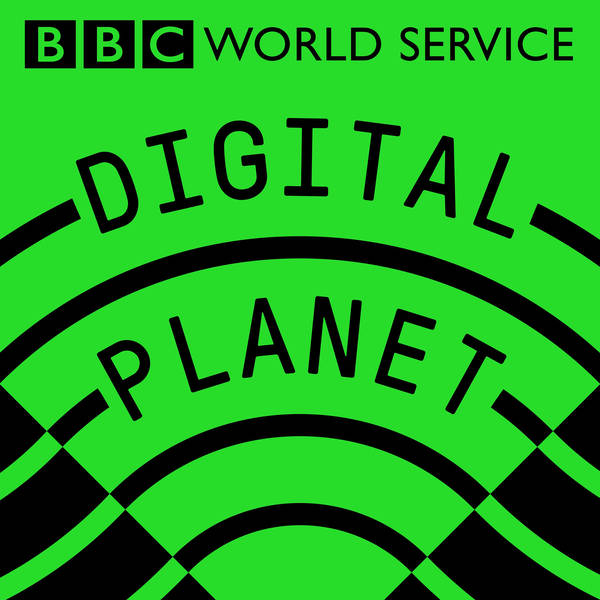
Is disability tech delivering?
Why does tech not understand my speech? Physicist Dr Claire Malone is facing a problem: no speech-to-text software understands her. She is living with cerebral palsy, a condition that affects her movement and muscle coordination, including her speech. Claire shares how much of a difference this tech could make in her life, and Gareth speaks to Sara Smolley, the co-founder of Voiceitt, one of the leading companies in the area, about how close we are to having software that can understand people like Claire.
Listening glasses Many people have reading glasses, but what about glasses that can hear? A new pair of augmented reality glasses can hear what other people say, transcribe it, and then displays the text on your glasses like real-life subtitles. How could this type of tech help people with hearing impairment? Gareth speaks to XRAI CEO Dan Scarfe, as well as Josh Feldman, who was born hard of hearing and usually relies on lip reading. Will the listening glasses work live on the show?
Who gets to use assistive tech? Technological solutions for people with disabilities are hugely beneficial, but as a new report from WHO and UNICEF shows, many people in need never get to access them. Chapal Khasnabis, head of the Access to Assistive Technology and Medical Devices unit at WHO, tells Gareth just how big the global inequity of assistive tech, and what we can do to fix it.
The programme is presented by Gareth Mitchell with expert commentary from Bill Thompson.
Studio Manager: Bob Nettles Producer: Florian Bohr
(Image: Wheelchair user using assistive technology credit: Getty Images)
